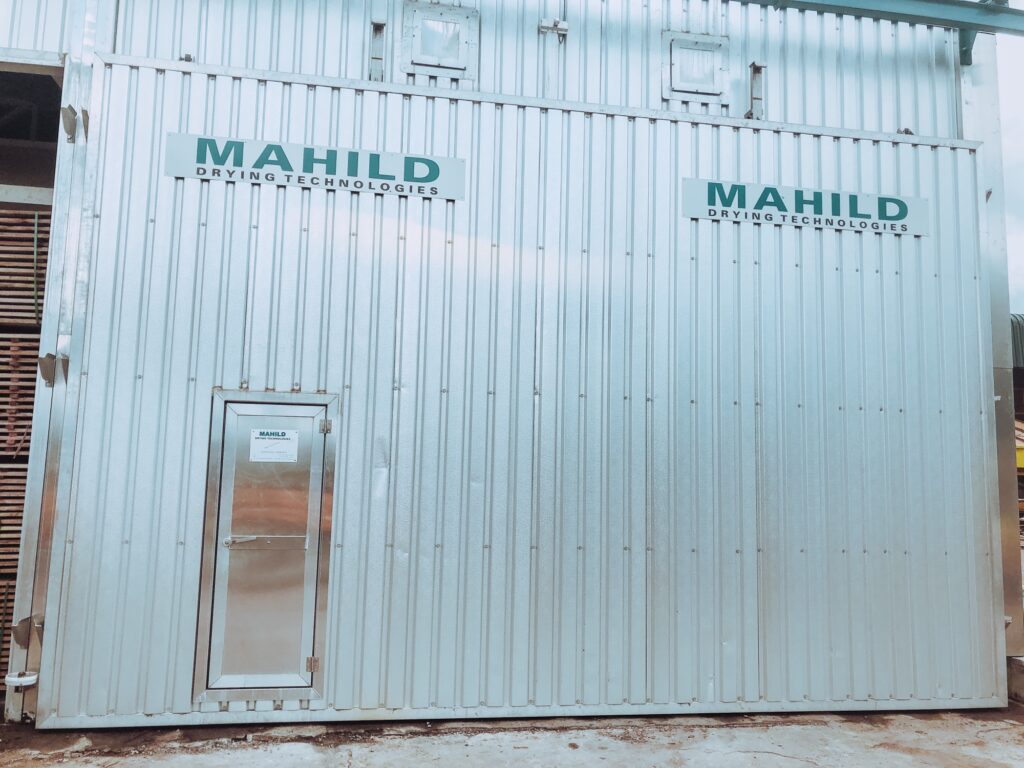Balancing Moisture, Time, and Quality



Eucalyptus timber, widely used in construction and furniture making, requires a precise drying process to reduce its high natural moisture content. This step is critical for maintaining the wood’s structural integrity and preventing defects such as splitting, warping, and collapsing. In Kenya, there is no standardized eucalyptus timber drying program, and many methods are adapted from regions with vastly different climatic conditions, often leading to suboptimal results.
The drying process typically involves the use of kiln drying techniques for eucalyptus timber, where humidity and temperature are carefully managed. A slow, gradual drying process, lasting up to three weeks, has proven to be the most effective for Kenyan eucalyptus. This method involves starting with low temperatures (not exceeding 68°C) and periodically rehydrating the timber to alleviate internal stresses. This ensures a uniform reduction of moisture content to 10–12%, producing high-quality eucalyptus timber with minimal risk of splitting.
In contrast, rapid drying methods that attempt to expedite the process within a week often lead to significant issues. High temperatures used in these methods may cause the timber to split, collapse, or warp, resulting in lower-quality wood that is less durable and more prone to failure in end products. In my opinion, the long drying process is better suited to Kenya’s conditions and should be adopted widely to produce more reliable and durable eucalyptus timber.


Properly dried eucalyptus timber offers numerous advantages, especially in furniture making. It is dimensionally stable, meaning it resists shrinkage or expansion due to environmental changes, ensuring longevity and consistency in the final product. The wood’s smooth texture and attractive grain patterns are preserved, enhancing its aesthetic appeal. Additionally, furniture crafted from well-dried eucalyptus timber is less likely to crack or split, even under stress, making it a preferred choice for both indoor and outdoor use.
Investing in meticulous eucalyptus timber drying methods not only enhances the quality of the timber but also ensures the sustainability of the industry in Kenya by reducing waste and producing durable, high-value products that can compete in local and international markets.
